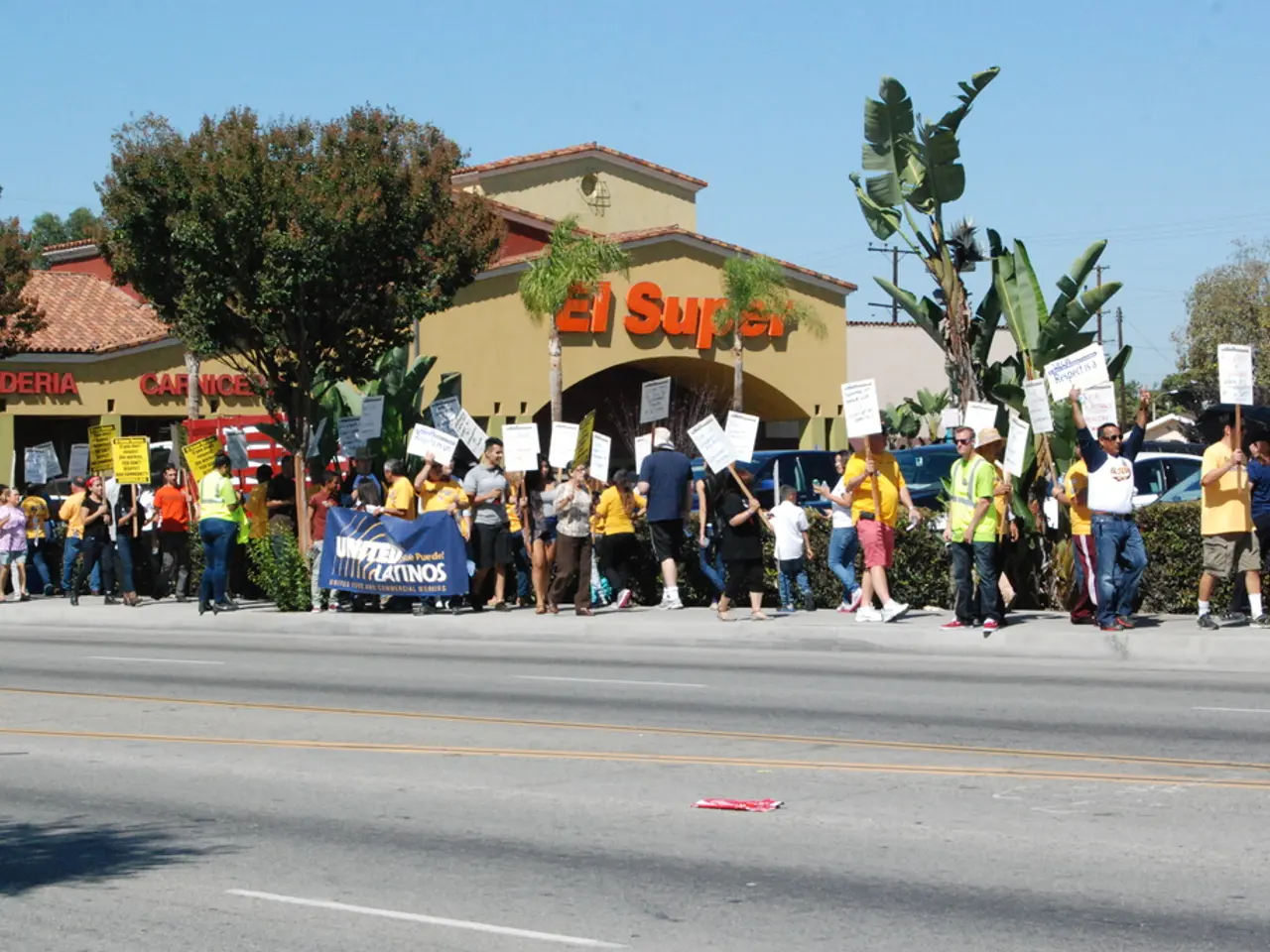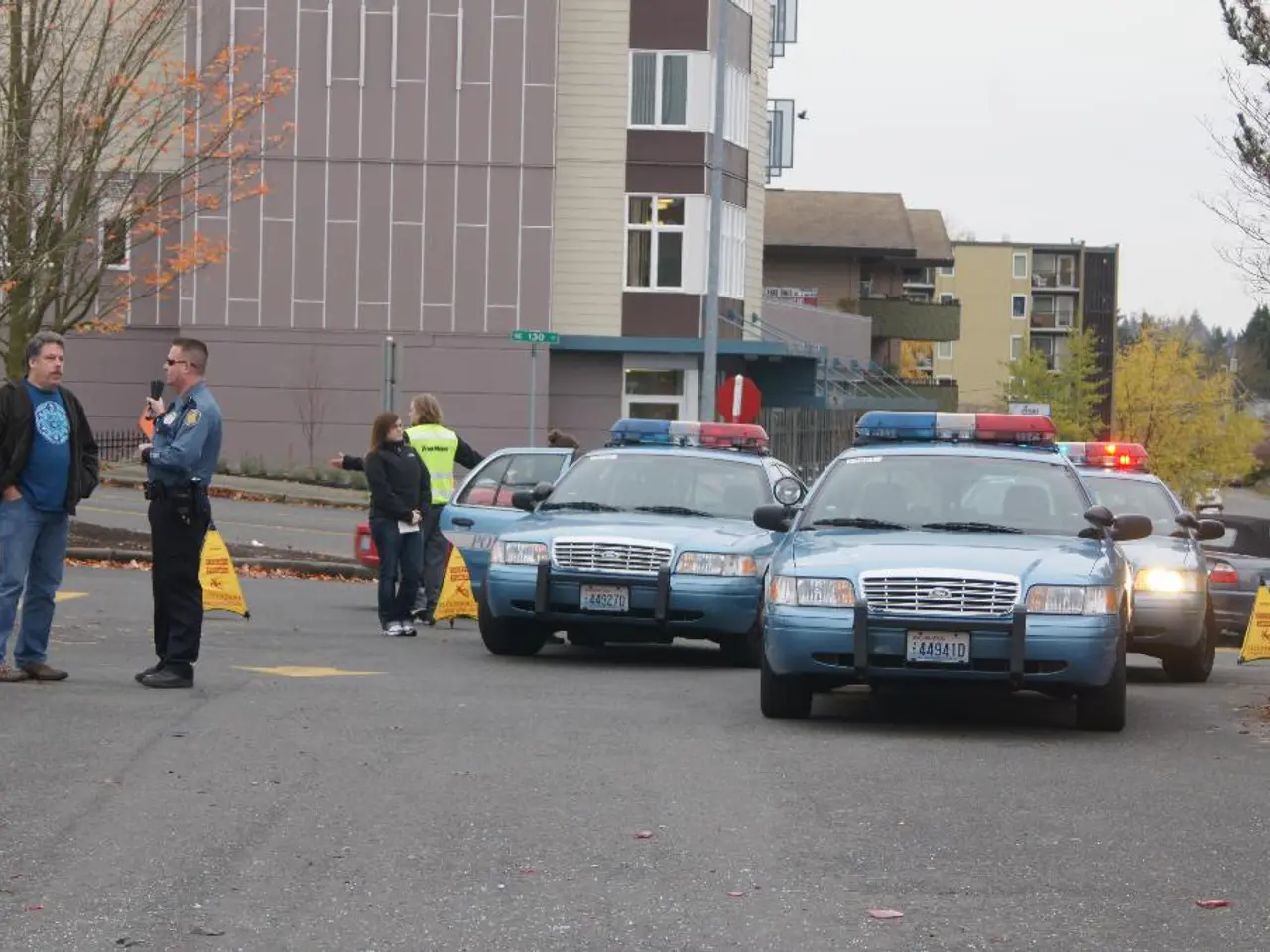Maintaining civility amidst uncivil behavior from others
In the heart of the United Nations Human Rights Council chamber, I sat, listening to nation after nation accusing each other of past and present misdeeds. Oh, the long memories people have! Many were airing grievances from a century ago.
The world seems to be teetering on the brink of conflict. The Geneva Academy reports over 110 active armed conflicts. And that's not even including the heated politics that divide many countries and regions.
110 armed conflicts are currently brewing, and that's just the tip of the iceberg when it comes to internal strife. Even within the Christian community, criticism and discord are common – both nationally and internationally. My own church has split no fewer than three times in the past 20 years. Our digital feeds are full of stories about Christian denominations or organizations dividing.
I acknowledge the numerous reasons churches and denominations might split, some legitimate and necessary. Yet, I find myself troubled when these splits foster bitterness and animosity among believers.
Did you know there are more than 45,000 Christian denominations globally? What's more, there are only 200 countries on this planet, so you do the math.
In a world marred by strife, it's truly a beacon to see communities that stand together and share love. But how do we achieve that unity?
A first step is focusing on our families and communities. As the Bible says in Psalm 133, "How wonderful it is when brothers and sisters live in harmony!" The psalmist wasn't just talking about immediate family; he also meant our spiritual family.
Peter, an apostle, encourages Christians to have a shared mindset. He implores us, "Be sympathetic, love one another, be compassionate and humble. Refrain from repaying evil with evil or insult with insult." Considering these principles is a challenge, but Jesus calls us to a higher path.
In the face of adversity, it's tempting to shut ourselves off from others, but instead, we should be willing to listen and engage in dialogue, all with humility and openness.
Jesus shows us an alternative path. Instead of reinforcing "us" and "them" divisions in society, we are called to love our neighbors – near and far – just as we love ourselves.
As an advocate for the global Christian community at the United Nations in Geneva, I am reminded of this duty. When governments persecute my Christian brothers and sisters, I can't react adversely. We address issues factually and forthrightly but always with respect.
It's all about attitude. I must be willing to engage in dialogue, instead of shutting the doors to conversation. When I open myself up, I gain the chance to discuss issues concerning Christians being persecuted in these countries.
I often wrestle with emotional responses to perceived injustices and intolerance. But Paul wrote most of his letters from prison! Rather than complaining, he consistently glorified God. That's a great role model. When I feel angry, I've learned to invite Jesus to calm my spirit.
In a world changed by the servant hearts of Jesus' disciples, who endured insults, hardship, and persecution, what could we accomplish if we followed in their footsteps?
Janet Epp Buckingham*, the director of the World Evangelical Alliance's Geneva Office to the United Nations, underscores the importance of fostering unity through advocacy and practical support for marginalized communities in conflict-ridden situations.
Join us to make EF sustainable
Lend your support to those across Europe and beyond who share our mission. Find out more about our #TogetherInThisMission initiative (English).
Published in: Evangelical Focus - Features - Learning to Play Nice Even When Others Don't
Enrichment Data:
- Buckingham's advocacy approach encourages believers to engage in practical support for vulnerable groups, such as refugees, promoting unity through shared responsibility and compassion [3][4][5].
- Her work aligns with a broader Christian understanding that unity is essential for witness and peacebuilding [2].
- The unity of believers is seen as a means to demonstrate the divine mission of Christ, emphasizing the spiritual foundation for communal love and solidarity in the face of adversity [2].
- Communities can foster unity in high-conflict situations by engaging in practical support, encouraging active involvement by believers, cultivating a shared identity and purpose, and promoting peace through collective, compassionate action [3][4][5][2].
The Geneva Academy's report on active armed conflicts globally brings to light an alarming situation, further exacerbated by heated politics that divide countries and regions. In this regard, Janet Epp Buckingham, the director of the World Evangelical Alliance's Geneva Office to the United Nations, advocates for fostering unity through practical support for vulnerable groups in conflict-ridden situations, such as refugees. This approach towards unity, rooted in shared responsibility and compassion, can serve as a valuable lesson for the wider global community, encouraging collective action in high-conflict situations.








